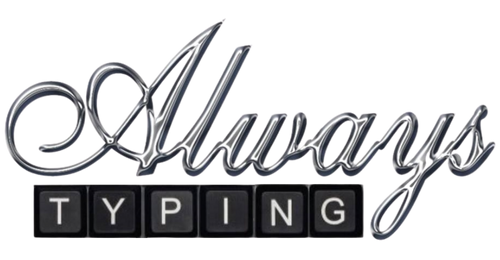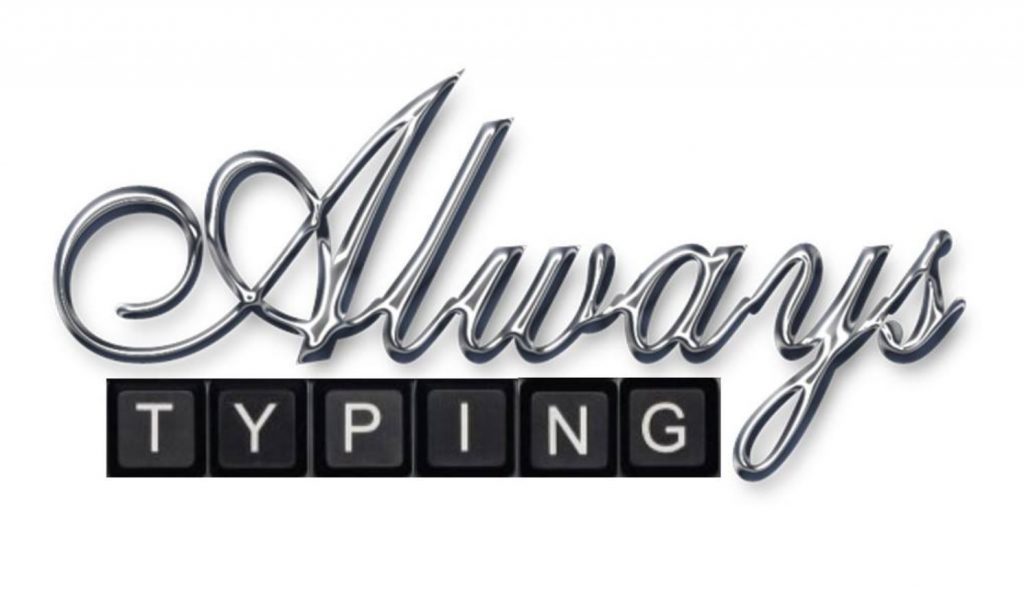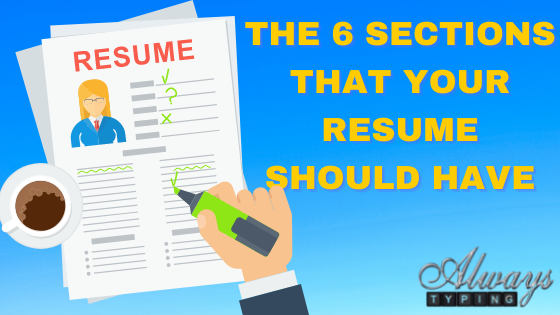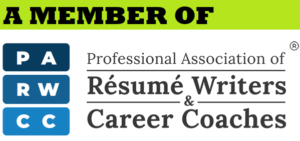Considering that your resume is probably the most important financial document you’ll ever own, making sure that it is properly crafted is of the utmost importance.
Did you wrinkle your brow at the concept of a resume being a financial document? Let’s think about it for a second. Without a job, you can’t pay bills, go on vacation, or plan for retirement. Without a great resume, you can’t win the interview that will land the job.
Now that’s settled, let’s dive into the 6 sections that must always be on your resume.
Table of Contents
ToggleYour resume and the Applicant Tracking System (ATS)
Before a hiring manager even lays eyes on your resume, it often undergoes scrutiny by the ATS. These systems meticulously scan resumes, searching for relevant keywords, experience, and education. Properly structuring your resume, with the reverse-chronological format being the most common choice, along with the correct section headers, is crucial for getting past the ATS.
So, what are the sections that you need on your resume?
Contact information
Your contact details should take the prime position at the top of the page. Do not bury them in the footer or set them as a header. Make them an integral part of your document to ensure the hiring manager can easily find your information. Placing it in the footer can make it difficult for the ATS to parse your details. You can creatively style your contact information with bold fonts and a subtle border to set it apart from the body of your resume.
Title
You should add a title, centered on a line by itself just below your contact info. It will represent what you want to do and will mirror the job description. A hiring manager will only spend about 6 seconds glancing at your resume. A title will help them immediately know what your job goal is.
Be creative here! If the job description mentions the need to fill a position for a Nurse Practitioner, you need to include those words in your title. However, you can expand on that a bit to stand out from the crowd. Use something like “Patient-Centric Nurse Practitioner” instead.
Professional summary
The very next thing on the page should always be your Professional Summary, Career Summary, Professional Profile, or whatever else you want to call it.
This is a 3-5 sentence statement about you that basically answers the Tell me about yourself interview question. Where you’ve been in your career, where you’re going, and how you’ll use your experience to get there. The days of writing an Objective are dead (by the way, the days of the one-page resume are dead, too).
Just beneath the professional summary will be a SKILLS list. This is a simple list of 9-12 keywords. It’s a mix of hard skills (things you know how to do because of education and experience) and soft skills (personality traits). This list is directly targeted to the program/job you’re applying to.

Professional experience
Begin by listing your most recent position first and work your way back to your first position. However, don’t go further back than about 10 years. Keeping the content on your resume within the last 10 years ensures that it is fresh and current.
The main idea here is context. You want to put what you did into a context that the hiring manager can relate to the job she is trying to fill. So, you worked at Burgers R Us as a Front Counter Manager and you trained the new employees.
That’s great!
Put two words into your brain right now, “so what?” The hiring manager is going to be thinking, you might as well be thinking it. Every time you write something on your resume, think “so what?”
- Why am I writing this?
- What value did it add to my employment at Burgers R Us?
- What value will it bring to my new employer?
Additionally, it is important to talk about what you achieved instead of just what your responsibilities were. Just because you were supposed to do something at your last job doesn’t mean you actually did it. If you talk about what you achieved, you can better showcase how you will help the company to which you’re applying.
Don’t forget about achievements:
There needs to be at least 5 measurable accomplishments listed on your resume. These can be qualitative or quantitative. For example, a great quantitative achievement would be to talk about how many students you teach or what percentage you’ve been able to raise test scores. “Reviewed TABE test scores to ascertain student shortfalls and used those inefficiencies as opportunities for improvement, resulting in a 15% increase in scores over the prior year.”
Education
This section seems fairly self-explanatory. A huge opportunity is missed by a lot of people in the education section, though. Instead of just listing your degree and where you went to school, you can further demonstrate your knowledge by listing some of the courses you took. Now, if you took Art Appreciation as an elective, it probably will not help to list that (unless you’re going into a creative field).
DO NOT list your high school. If you have higher education, the assumption is that you finished high school or at least obtained your GED, as you can’t get into college without one or the other.
Even if you have no higher education, my suggestion would still be not to list your high school; just leave the education section completely off your resume.
Listing high school doesn’t say, “I finished high school,” it says, “I didn’t go to college.”
The absence of the education section will not cause you to miss out on an interview; however, it will give you and the interviewer something to talk about.
Awards, certifications, and volunteer work
It is important to list what you do outside of work and school. The idea of listing awards and certificates is fairly common, but many people leave off volunteer work.
- Were you the president of a fraternity/sorority?
- Did you get involved with showing new students around campus?
- Have you headed a sales team that produced top awards?
- Were you an employee of the month?
This is the section that shows more of your core personality, i.e., you as a person, not just an employee.
You can highlight patience and dedication through professional experience; however, demonstrating those qualities while volunteering punctuates that you truly possess those qualities.
Ready to transform your resume into a powerful tool that secures interviews and opens doors to your dream job? Don't leave your future to chance.
Your career aspirations are within reach – take that crucial step towards success now. Invest in your future and watch your job prospects soar. Contact us today to get started on your journey to professional excellence.




